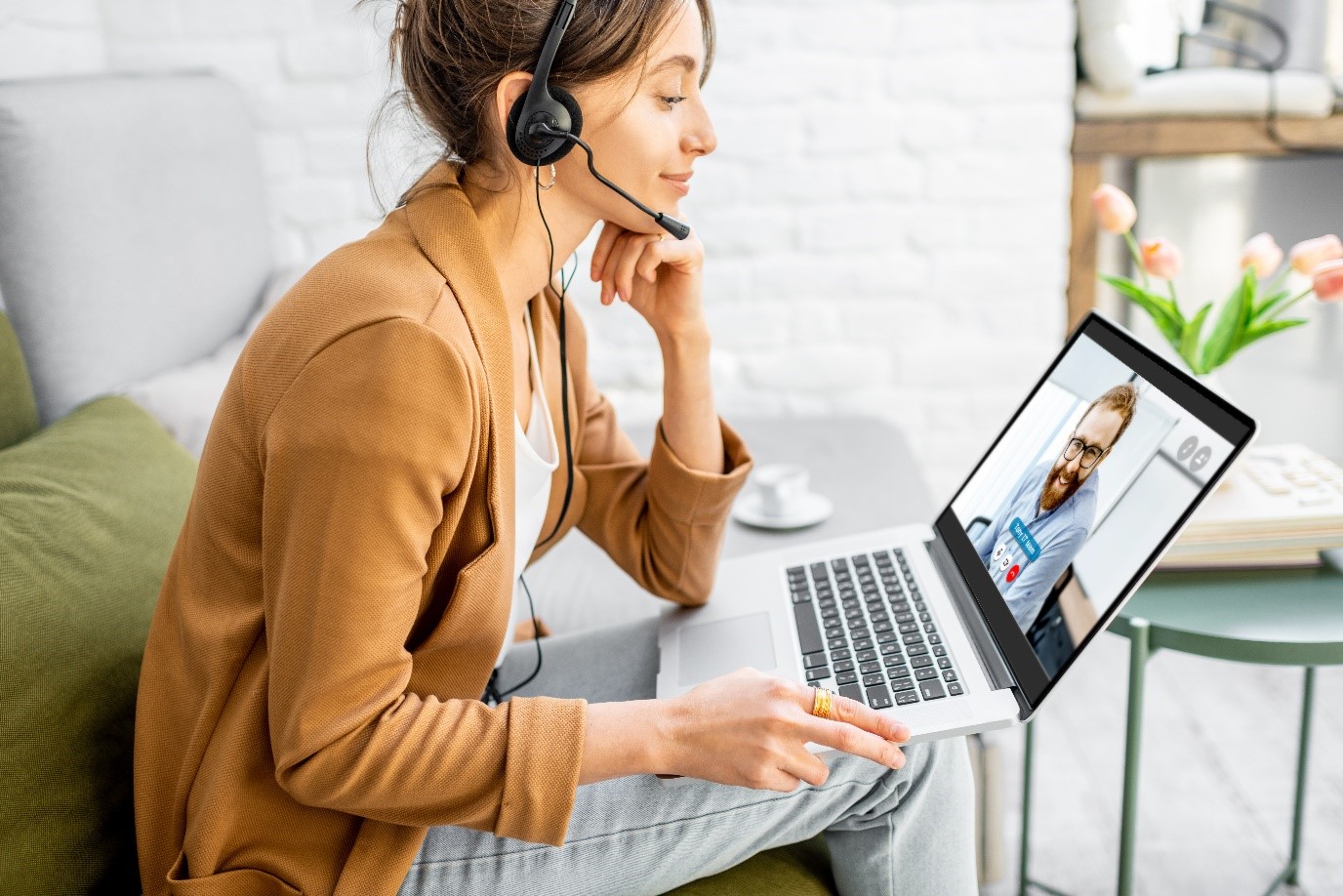By Clair Chew (UCLH), Laura Alexander (UCLH) and Aisha Dautova (NHSmail COE)
UCLH (University College London Hospitals NHS Foundation Trust), situated in the heart of London, is one of the largest NHS trusts in the United Kingdom and provides first-class acute and specialist services. UCLH delivers 1.1 million outpatient appointments to over 350,000 people a year.
During the pandemic, we’ve seen a rapid expansion of the use of video clinics. This enabled healthcare professionals to continue to care for a large number of patients remotely. One of the challenges with this rapid move to virtual clinics was ensuring that all patients, no matter their experience with technology, could transition smoothly to the new format of care.
UCLH overcame this challenge in an innovative way – by engaging its existing pool of hospital volunteers to offer technical support to patients who feel anxious about using video clinics. UCLH volunteers are a diverse group of people of different ages and walks of life. Whether a student, professional on maternity leave, or a part-time caretaker, all the volunteers have two qualities in common – affability and readiness to extend a helping hand. In times before Covid-19, this group of volunteers welcomed patients and visitors in the hospital and helped them find their way around, offered drinks in the waiting areas and provided general support, companionship, and reassurance to patients. Ultimately, they made patients’ visits and stays in the hospital a more personalised and comfortable experience.
As the pandemic unfolded last year, several impactful changes to the care delivery and hospital services took place. Some routine care was suspended, many people could not visit hospitals due to various restrictions, and there was an introduction of digital triage and a rapid expansion of remote consultations. It was evident that the role of hospital volunteers needed to adapt to the emerging needs. UCLH seized the opportunity to engage its volunteers in continuing their support but in the digital rather than physical space. This is how the Tech Buddies programme was formed.
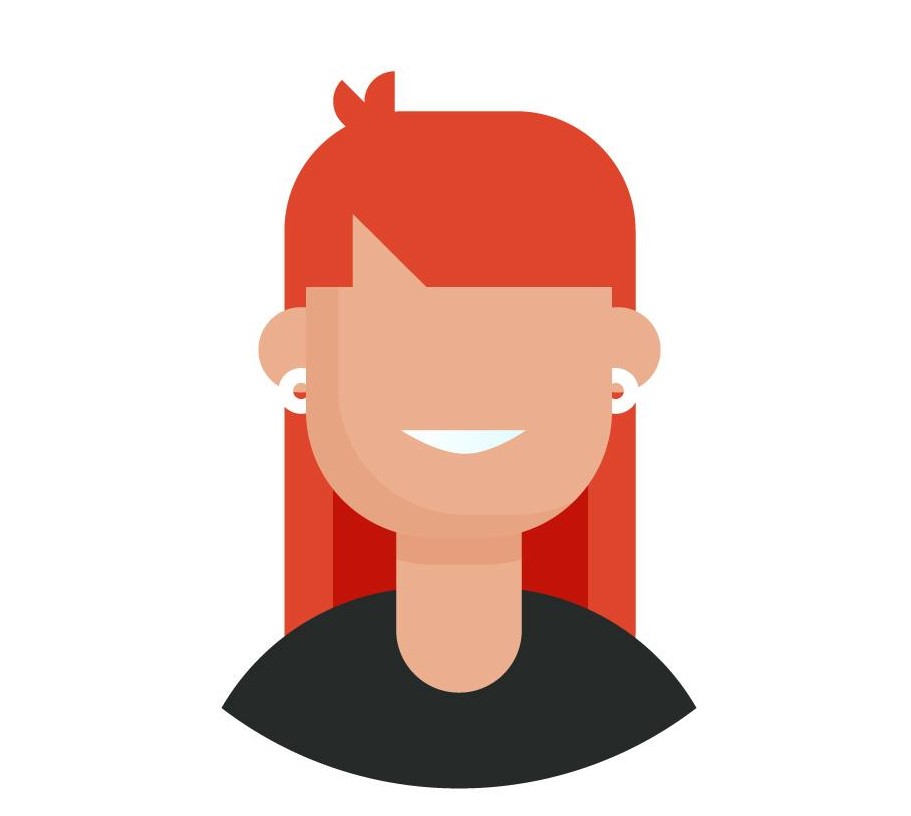
“Becoming a Tech Buddy has been an exhilarating experience since it started in March. We have grown as a team supporting each other as well as the patients seeking our help. It just builds on the notion of ‘new ways of working’ and ensuring that things don’t stop even in times of crisis.” Louise Kurkus | Volunteer Tech Buddy
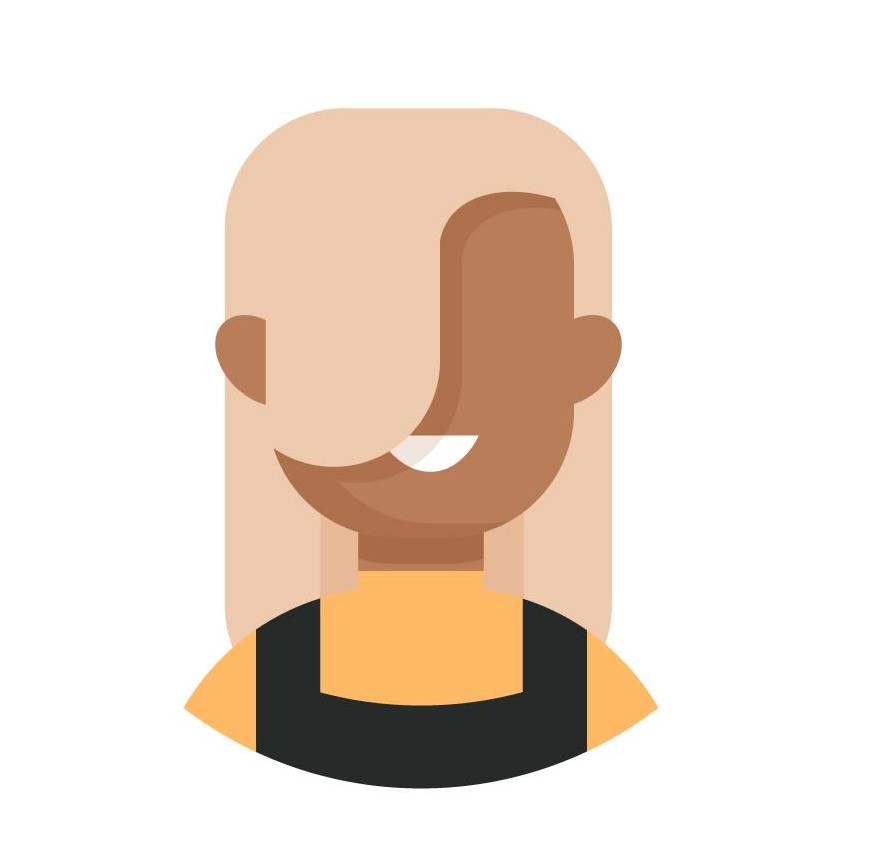
“Being a Tech Buddy allows me to have the rewarding role of helping patients become confident in accessing online appointments, and offering resources to benefit their care, which they are grateful to receive”
Sonyusha Pandit | Volunteer Tech Buddy
Having passed an interview, induction and training, the Tech Buddies were ready to help patients with their journey to virtual clinics. They understood that patients have diverse needs and preferences, and that some patients felt anxious about receiving remote care. The Tech Buddies had a clear goal in mind – to eliminate patient worries and help prevent potential technical difficulties that could disrupt patients’ time with their care teams. Since the launch of the programme, Tech Buddies have helped many patients by offering technology advice and support prior to video clinics, answering questions, and running test calls. Most importantly, they have provided patients a sense of confidence throughout this transition.

“I saw the Tech Buddy service advertised on my appointment letter…I was daunted by the thought of having my appointment over video as I am not very technical. I sent an email to the Tech Buddy address and was grateful for the support I received from Anita. We did a test call and I was surprised at how easy it was and felt very comfortable using my iPad for my forthcoming video appointment…Thank you Tech Buddies.” Annie Simons | Patient
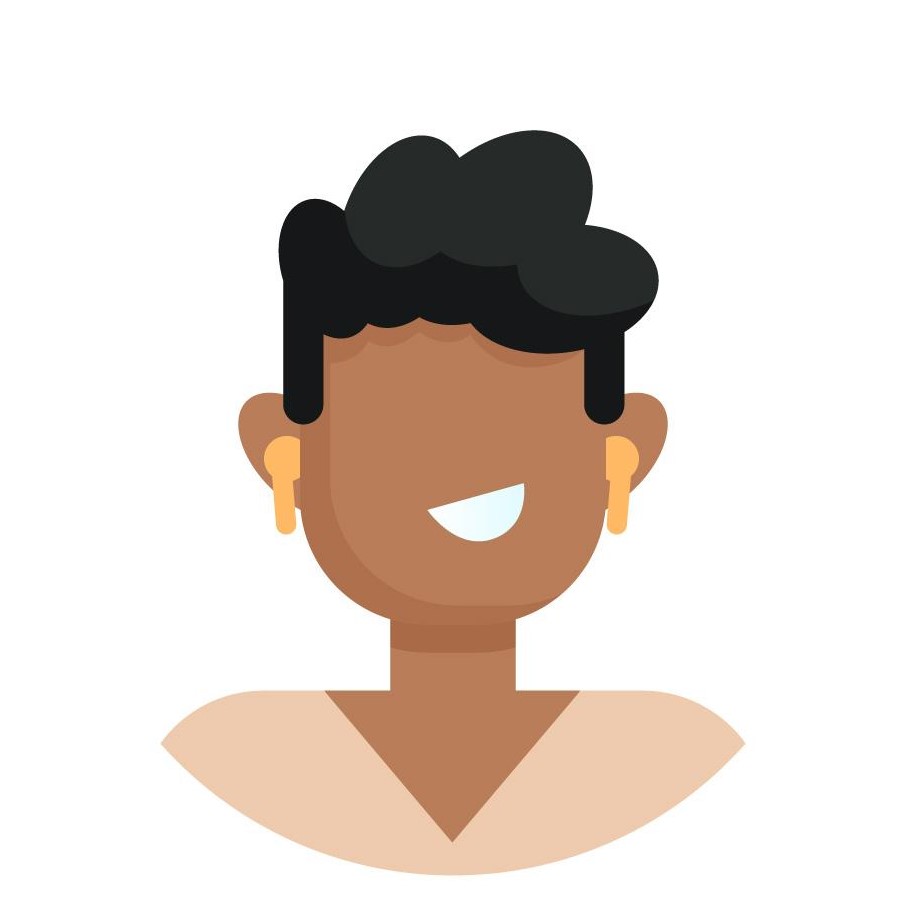
“I needed help because I tried Zoom and it didn’t work. I felt unable to do it for my appointment and I worried how it would work practically. The Tech Buddies talked me through how to use Zoom and it gave me the confidence I needed and taught me to not be so frightened of the communication. They gave me the confidence to try. I have done three or four sessions on Zoom and it is working well. I am amazed I can do it.”
Sarah Trousdale | Patient
To ensure that patients are aware of available support, administrative team members assess how comfortable patients feel about video consultations at the time of booking and notify them about Tech Buddies. There are also communications available on the hospital website and social media accounts to widen the reach of the programme. Patients have been appreciative of the Tech Buddies’ support and expressed positive feedback. Clinicians have also expressed feeling more comfortable offering patients video clinics, as they know that patients would be receiving technical help if needed.
While more in-person hospital services resume, there is a compelling opportunity to continue shaping and defining the role of Tech Buddies. As hospitals find the most suitable balance between remote and in-person care going forward, the role of Tech Buddies may evolve to provide ‘hybrid’ support in both physical and digital spaces. UCLH envisions expanding the programme in the future to include ‘in-house’ Tech Buddies who would support with electronic health records by helping patients to fill out questionnaires prior to appointments and provide clinicians support with other administrative flows. Overall, UCLH’s successful launch and running of the Tech Buddies programme bring to life the meaning of agility. It offers an inspiring example to the wider NHS community of mobilising its people to continue providing person-centric care in the changing post-pandemic world.
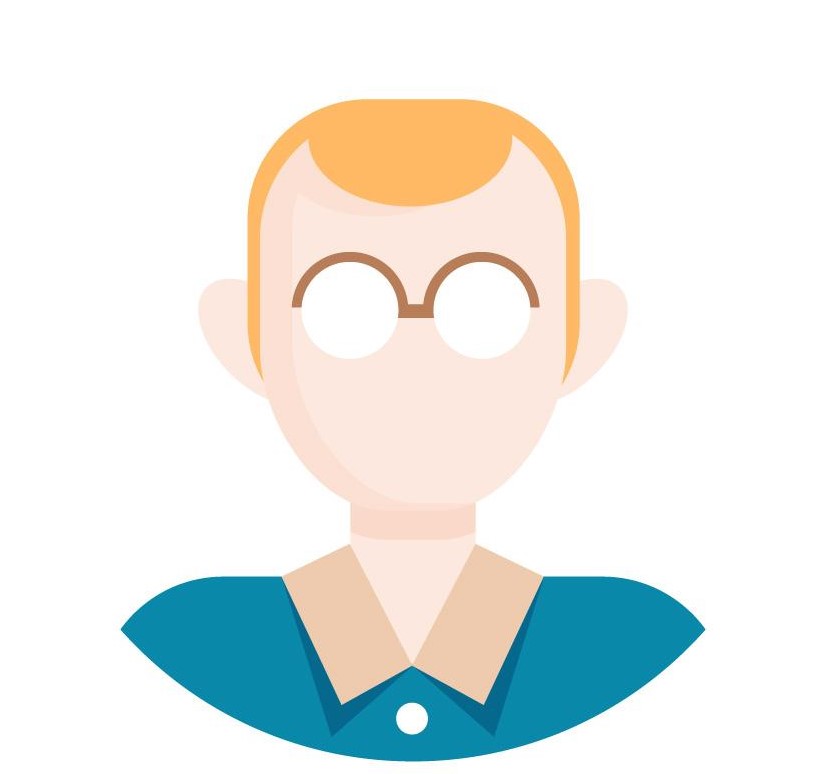
“I’m so thankful for the opportunity to be a Tech Buddy. I’ve met generous, kind, patient volunteers in the team and been able to respond to the needs of patients who often mostly need a little extra human contact and time. I think we have all – I certainly have – been in this place from time to time and it’s uplifting to know that UCLH takes this need so seriously that it provides support around this with a structure, training and a team led by inspiring and compassionate managers.” Sam Mayaveram | Volunteer Tech Buddy

“T: team work; E: enthusiasm; C: communication; H: helping patients; B: bridging the gap; U: understanding; D: dedication; D: diplomacy; Y: your satisfaction”
Anita Hitesh | Volunteer Tech Buddy

